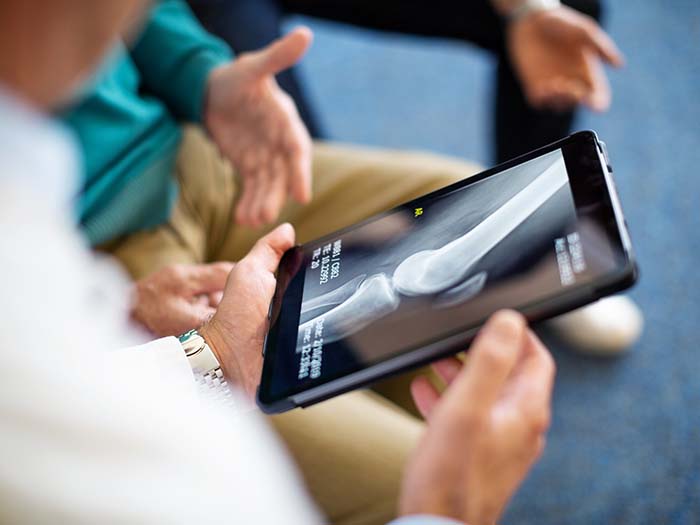Risk Insider: Patty Hostine
What Is ‘Off Work’?
Last week, I sat through a lovely presentation on FMLA processing. At one point, it was from the occupational health clinic perspective, which stated that stay at work and return to work are the first priority.
I was thinking, “Great, we’re all on the same page!” Then I realized that it was the same clinic we use. From experience, I know that’s not their past practice.
My first thought was “Why does an occupational health clinic even have a box that says ‘off work’ on the return to work slip?”
I’m a firm believer in the premise that we all have a part to play in the average workers’ compensation claim. The employee reports the injury and makes every effort toward recovery.
The employer files the claim and manages the employment relationship. The adjuster decides if the injury or accident is compensable under that specific jurisdiction with the facts as reported. Lastly, the clinic and doctors provide evaluation and treatment to get the employee to maximum medical improvement (MMI).
The hope is always that MMI is their pre-injury status, in all ways —medically, financially and emotionally the same as before the incident. This becomes difficult in the face of an ‘off work’ slip, which happens more often than it should.
This got me thinking about the nature of ‘work’ and how it impacts the employee’s ability to return to full function. The employees I’ve worked with have very specific tasks associated with their work, usually outlined by detailed work instructions. (Thank you, Quality!)
So when we get an ‘off work’ we are both surprised and dismayed. The employee now has a more difficult return to work process due to the financial burden of not being paid for the waiting period, a reduced salary and perhaps some discouragement about continuing to work for the employer. Making matters worse, the ‘off work’ slip gives no direction for what the employee should be doing to recover.
My first thought was “Why does an occupational health clinic even have a box that says ‘off work’ on the return to work slip?”
The employee goes home to heal or get treatment or use narcotics (that always keeps them off work).
What do employees do while ‘off work’? I have seen some video of employees that are not ‘working’ and they seem to perform all normal life activities. As a vocational counselor, I know that most tasks we do in everyday life are also things that other people do as an occupation.
For example, cook, fast food (DOT 313.374-010), chauffer, domestic service (DOT 359.673.010), maid (DOT 323.687-014) or laundry, domestic (DOT 302.685-010). By the way, I have just described my holiday weekend for you. I was not working but I did every one of those jobs in rotation.
It seems the only difference between work and activities of daily life is the pay. I conclude that ‘off work’ means ‘cannot do anything for pay.’
That limitation does not promote stay at work/return to work for anyone. If we can just convince doctors that ‘off work’ is a limitation that neither promotes recovery nor describes what the employee does while not working, we will all be better off.










